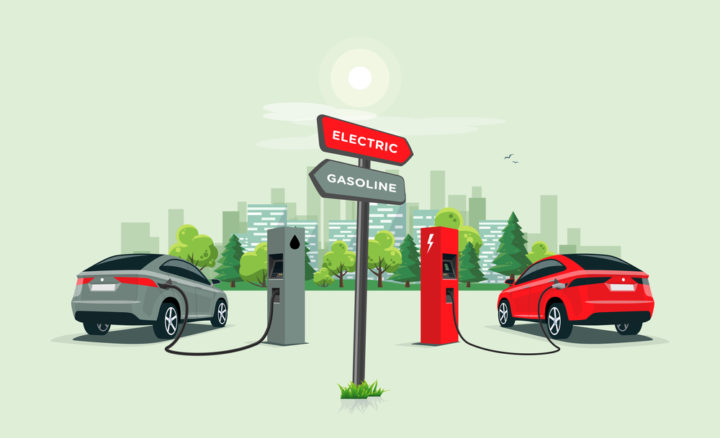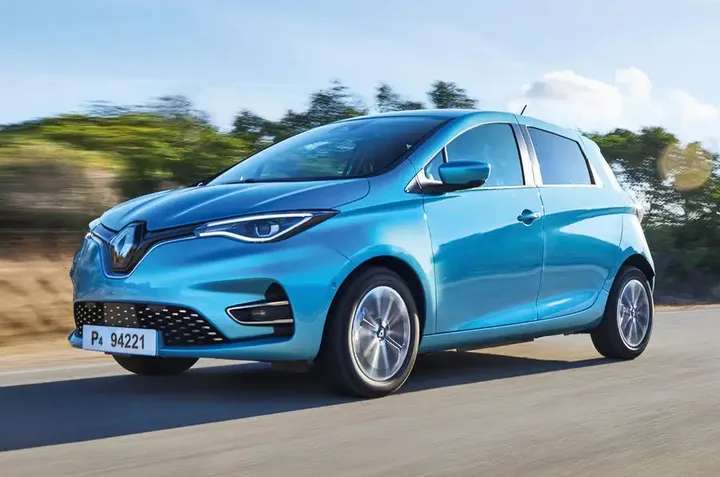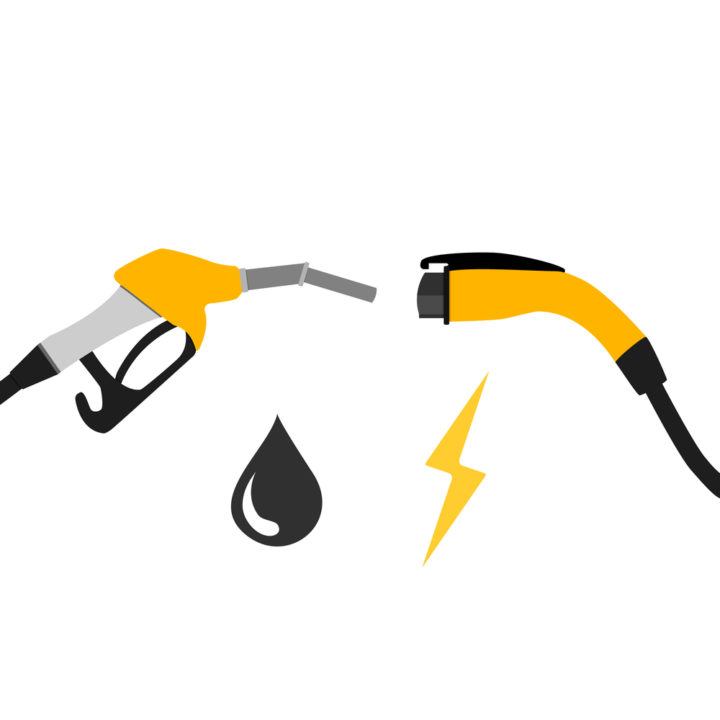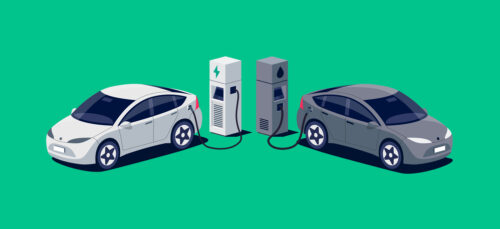The future costs of running an electric vehicle
The impact of changing energy prices on the cost of motoring
Last updated:
Consumers purchasing an EV today are likely to be interested in what its fuelling costs are going to be in the years ahead. While the fuel savings that come from owning an EV in comparison to a petrol equivalent have narrowed as a result of surging electricity prices, they remain significant.
The uptake of Electric Vehicles (EVs) continues to increase rapidly. 267,203 new EVs were sold in the UK in 2022, up 40% on sales in 2021. In less than five years the EV market has grown from less than 1% of market share in 2018 to 16% in the year to date in 2023 . There are a number of factors driving this transition, from people’s desire to adopt more sustainable lifestyles to government incentives, such as low Business in Kind tax rates, designed to encourage company car owners to adopt zero emission vehicles.

To consider the future cost of fuelling a petrol car, we have created two scenarios.
Scenario one is based on data collected by the Government on the average weekly price of a litre of petrol in the UK, going back to the beginning of 2003.
Scenario two attempts to consider the impact that future changes in the price of oil might have on the price that UK drivers pay at the pump.

Renault Zoe versus Renault Clio: scenario one
2016
The cost to charge an electric Renault Zoe was £145. By comparison, fuelling a petrol Renault Clio cost £737. This made the Zoe over 5 times cheaper to fuel and saved its owner £591 a year.
2023
Dramatic increases in energy prices mean it now costs £334 to charge a Zoe, and £1001 to fuel a Clio. With electricity prices having increased more significantly than petrol, the savings gap has narrowed, with the Zoe now being 3 times cheaper to fuel. However, in absolute terms, the Zoe now saves its owner more – almost £667 a year.
2030
The anticipated decline in electricity prices means that the cost of charging a Zoe will fall to £242. However, the anticipated increase in petrol prices means the cost of fuelling a Clio will increase to £1115. This will make the Zoe over 4.5 times cheaper to fuel than the Clio, and save its owner £873 a year.

Renault Zoe versus Renault Clio: scenario two
2030
Given the shallower rise in petrol prices out to 2030 forecast in this scenario, fuelling a petrol Renault Clio will cost £1054 (up from £1001 in 2023), compared to £242 to charge the electric Renault Zoe. This will make the Zoe almost 4.5 times cheaper to fuel than the Clio (up from 3 times cheaper in 2023), and will save its owner £812 in fuelling costs (up from £667 in 2023).

